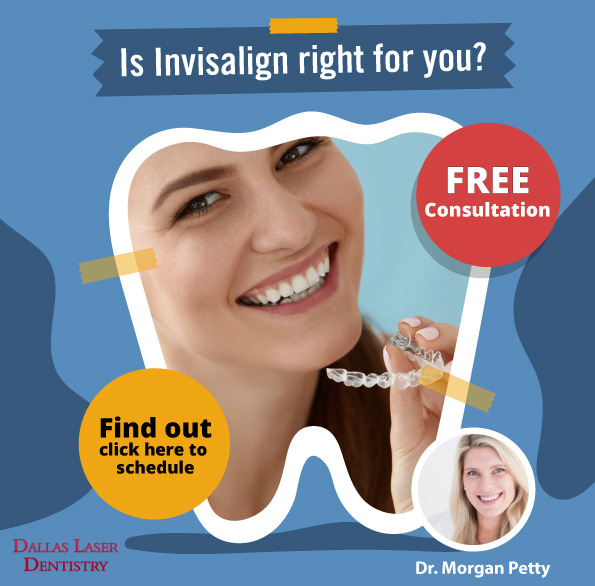
Mary Swift, DDS – General Dentist & Morgan Petty, DDS – General Dentist
Mary Swift, DDS – General Dentist & Morgan Petty, DDS – General Dentist
18
Oct
Your Dentist Will Determine if You Are a Candidate for Laser Teeth Whitening

Laser teeth whitening is a highly effective cosmetic dental procedure that can remove persistent stains and address discoloration. Dentists examine patients to determine suitable candidates for this whitening method.
What factors identify patients who can benefit from teeth whitening?
Patients must first undergo a thorough oral examination and evaluation to rule out complications that could prevent desirable whitening results or compromise oral tissue. Dentists consider various factors to ensure that patients interested in the procedure are eligible.
Healthy gums
A dentist must confirm that a patient has healthy gums before agreeing to perform laser teeth whitening. Gum problems, including gingivitis and periodontal disease, cause swelling and discomfort that can worsen if gums contact the bleaching agent. Dentists typically recommend treating gum disease before recommending a patient for teeth whitening.
Presence of dental prosthetics
Although the whitening process does not damage crowns, veneers, or bridges, there is a strong chance that whitened natural teeth will not match the shade of existing prosthetics in patients’ mouths. Dentists may advise patients to undergo other cosmetic procedures after teeth whitening to ensure prosthetics match whitened natural teeth, yielding better results than matching the color of the natural teeth to the prosthetic.
Patient age
Primary teeth have thinner enamel and dentin layers than permanent teeth, which do not finish erupting until around age 13. Permanent teeth will not fully develop enamel, dentin, or pulp until sometime after age 16 when the eruption is complete. Whitening teeth before they fully form can lead to permanent sensitivity and hinder the development of each layer, making patients under age 16 unsuitable for the procedure.
Good dental hygiene practices
Dentists are more likely to promote laser teeth whitening for patients who brush and floss correctly and schedule professional dental cleanings every six months. Good oral hygiene reduces plaque and tartar. These substances can prevent the bleaching agent from penetrating the teeth layers and promote oral bacteria growth, which may lead to discoloration and other dental problems contraindicating teeth whitening.
Commitment to lifestyle adjustments
Dentists recommend teeth whitening to patients willing to control future staining by eliminating certain habits following the procedure. To get the most value from teeth whitening, patients should avoid or reduce activities that cause stains, including:
- Smoking tobacco
- Drinking dark beverages
- Eating acidic foods
Dentists may also ask patients to commit to brushing with a whitening toothpaste or rinsing with water after every meal to reduce staining.
Pregnancy
Pregnancy causes hormonal fluctuations that can lead to gum and tooth sensitivity and decay. Whitening agents can aggravate already-sensitive mouths, and most dentists advise pregnant people to delay teeth whitening.
Significant allergies
Some patients are sensitive to the ingredients found in whitening gels and should not risk exposure to them. Dentists can evaluate patients’ medical history to predict possible reactions to the whitening agents.
Conclusion
Laser teeth whitening is one of the most effective ways to ensure a brighter smile. Anyone interested in the procedure should undergo a comprehensive oral examination and assessment, which are critical for helping a dentist determine which patients are suitable candidates for this popular cosmetic treatment.
Are you considering laser teeth whitening in the Dallas area? Get more information.


